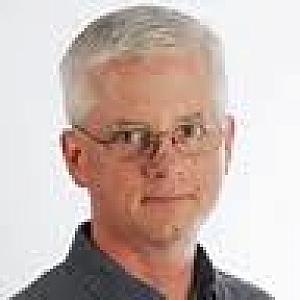
Timothy Darragh
investigative and enterprise reporter

investigative and enterprise reporter
In 2015, it'll be 34 years working as a reporter or editor, all for daily newspapers. I've had the support of a wonderful wife and two kids to work at this job, taking me from passion to passion. I thrive on learning policy and then seeing how it filters into real life. That has helped me grind through many investigations over the years, putting bad guys behind bars, exposing corruption and shining a light on those in need. Health care now is my beat and I love learning it.
It helps that I am a lunch pail New York Mets and NY Giants fan and a devotee of all things Springsteen.
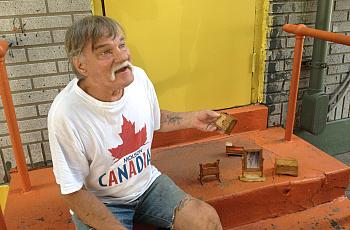
A strongly reported series examining a new program targeting 'super-utilizers' in Pennsylvania debunks a number of myths about the system's sickest and most vulnerable patients. Timothy Darragh tells the story behind the story and the lessons he learned along the way.
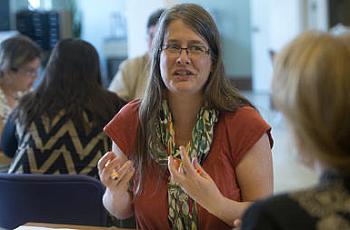
An effort to reduce the number of patients who are "super-utilizers" in Pennsylvania's Lehigh Valley requires providers to enter into what one expert calls the "messy space" — a relationship that's closer and more personal than the traditional doctor-patient relationship.
Ambulances benefits from frequent users. Place a call for patient transport and a bill is generated. But what if the ambulance service was paid to keep patients out of the hospital? A new model pioneered in Fort Worth, Texas has caught the interest of other communities.
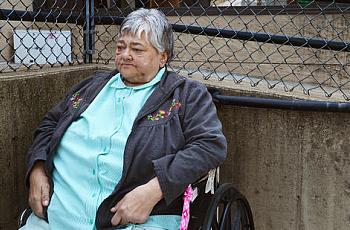
Health care super-users are often chronically ill, alone and with limited incomes. They typically need the medical skills of a trained health-care professional, but also the listening, counseling and support offered by social workers and clergy.
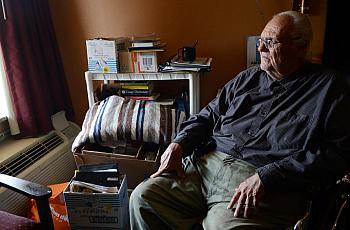
Can "super-utilizers" be helped? A partnership of health care workers, case managers, social workers, parish nurses, clergy and community members in Allentown, Penn. thinks so. The group is building a program to help those with manageable chronic illnesses stay out of the hospital.

For many of the patients who are known as "super-utilizers" of the health care system, the issue of simply getting to treatment is critical and sometimes more problematic than getting the treatment itself. The picture is often complicated by the disabilities and haphazard lives of these patients.

Like fashion and football, health care has its trends. And one of the bigger trends now is “hot-spotting,” the practice of using data to identify those who are the “super utilizers” of the health care system and surrounding them with services in an attempt to cut health care spending. ...